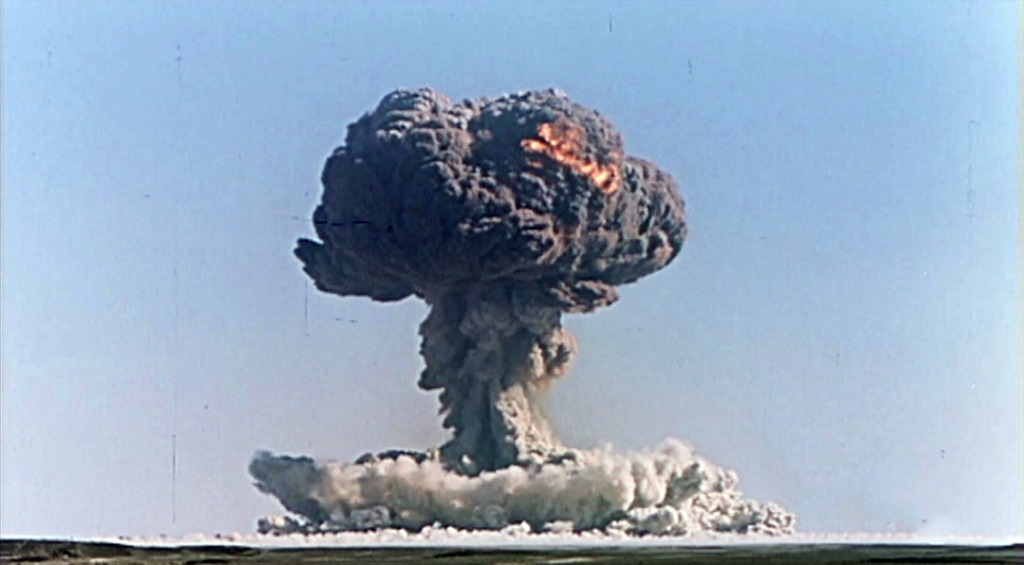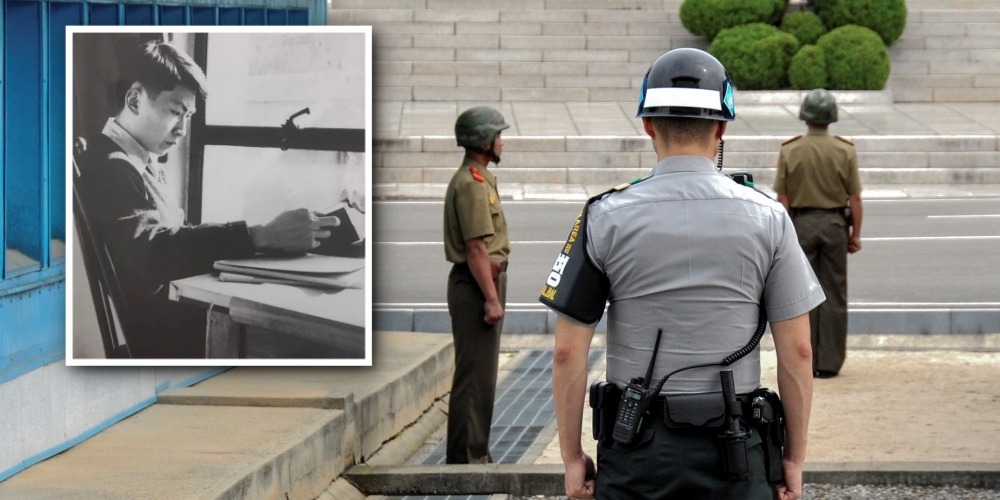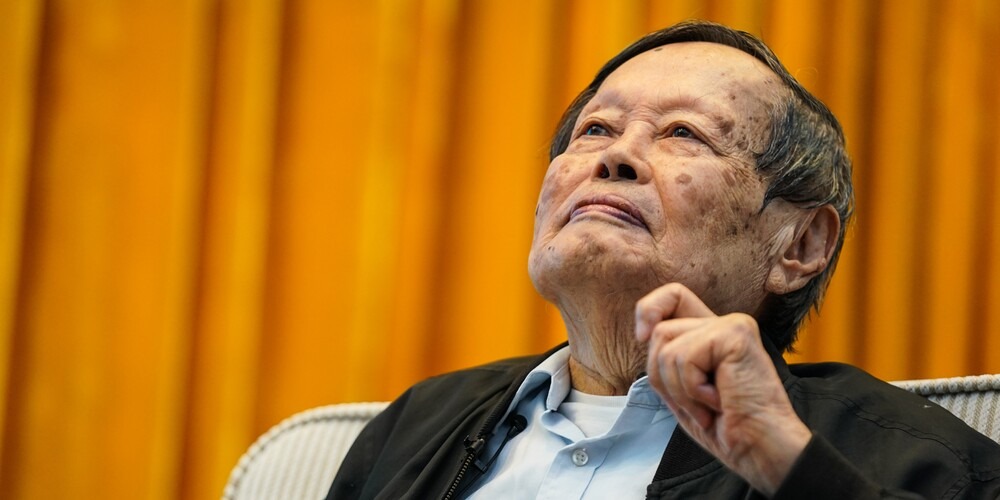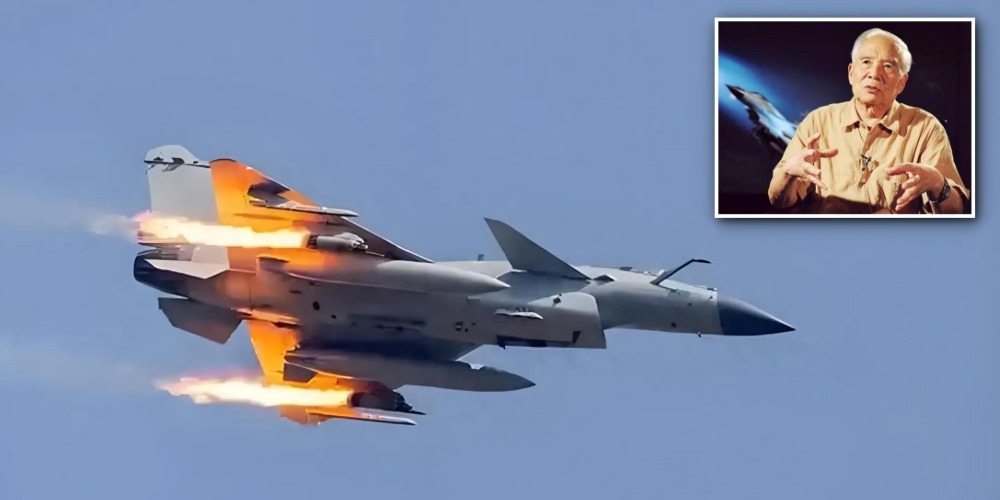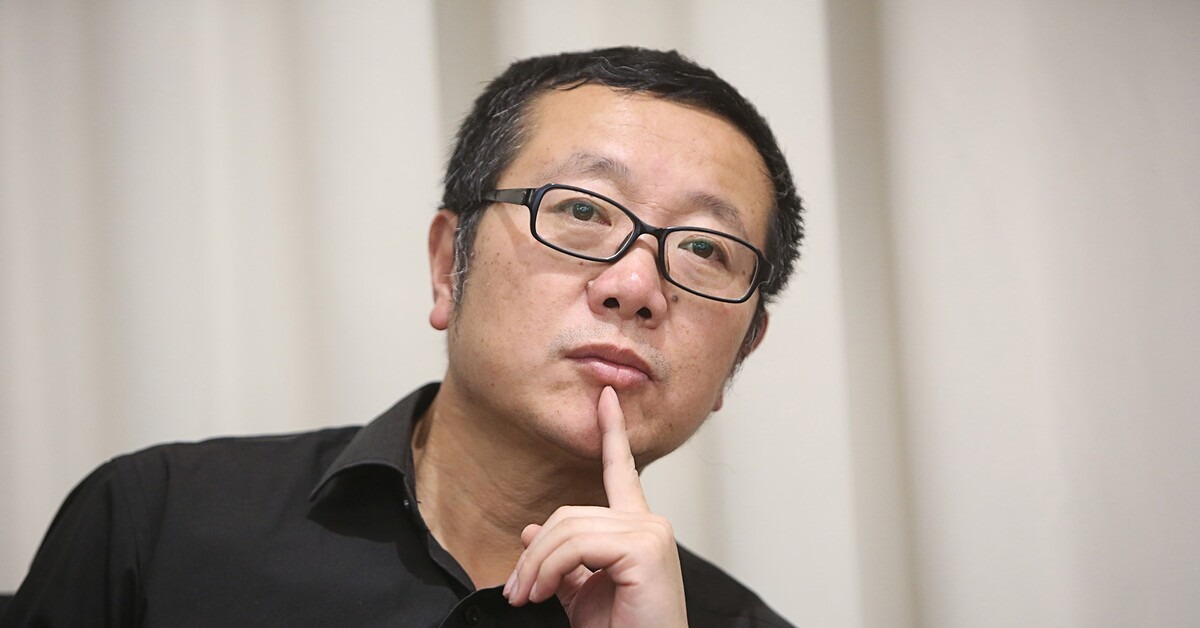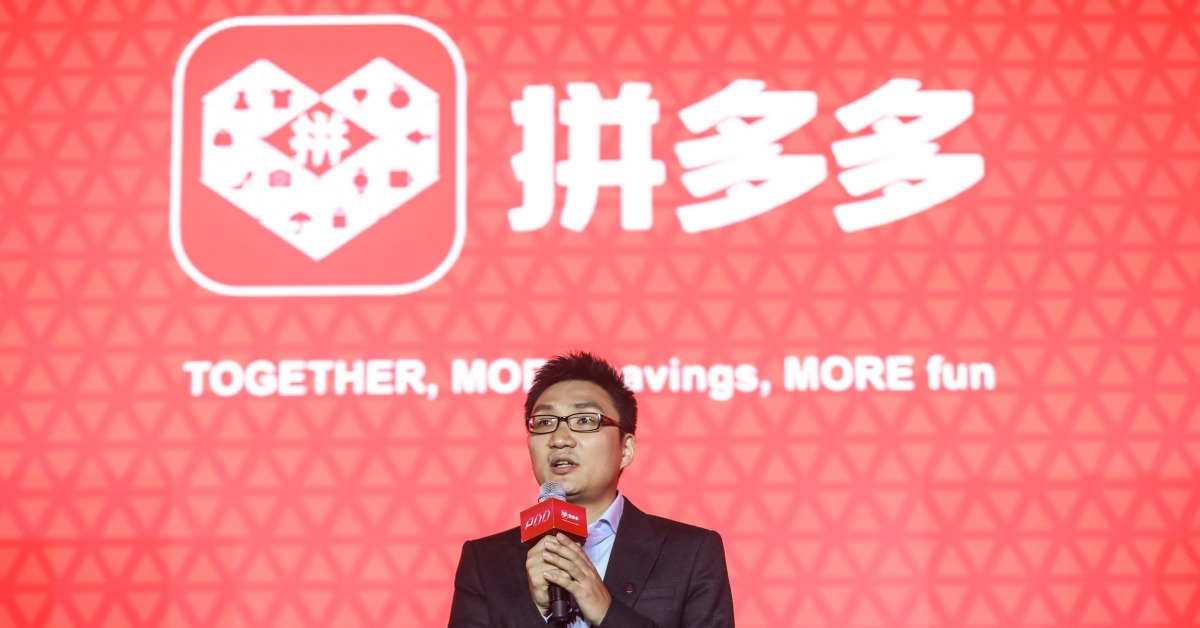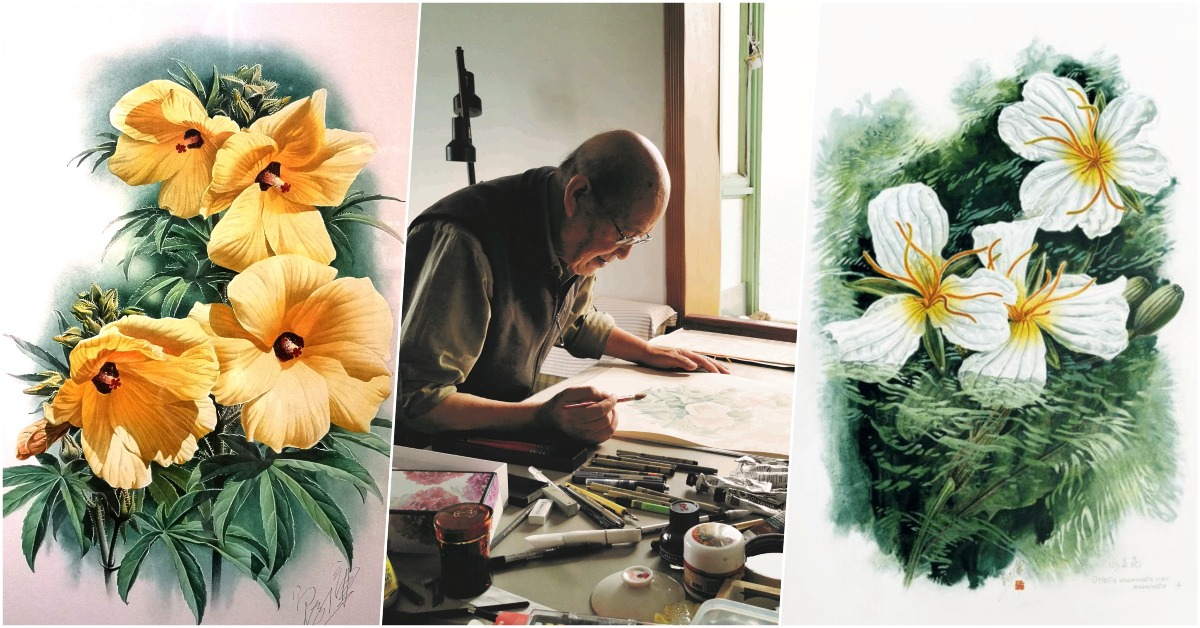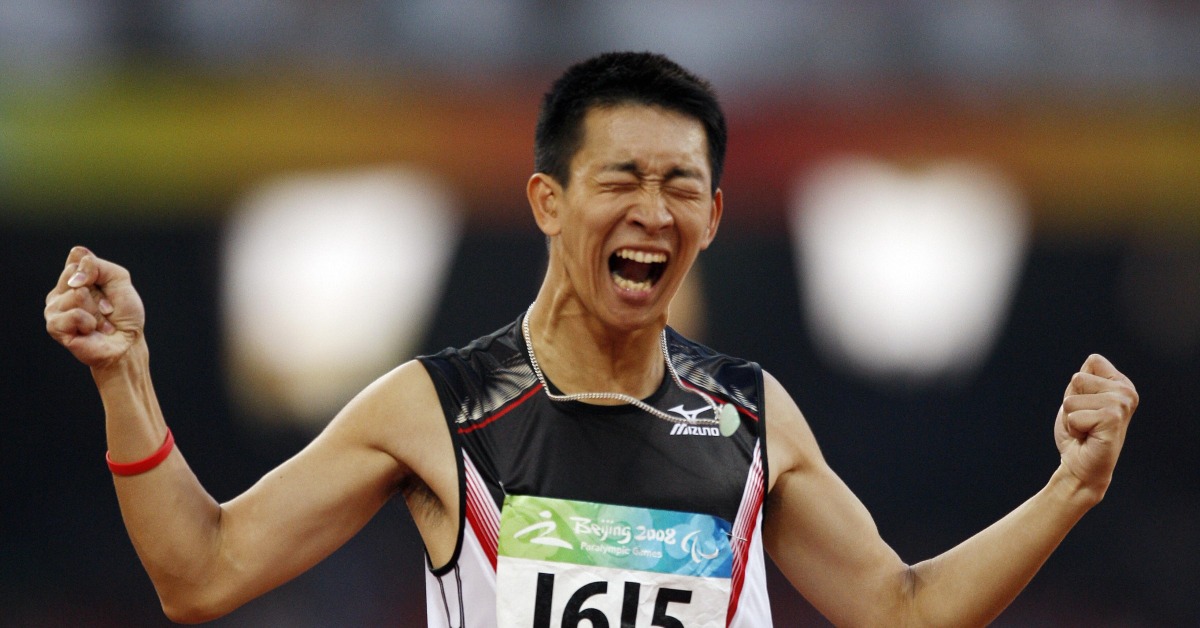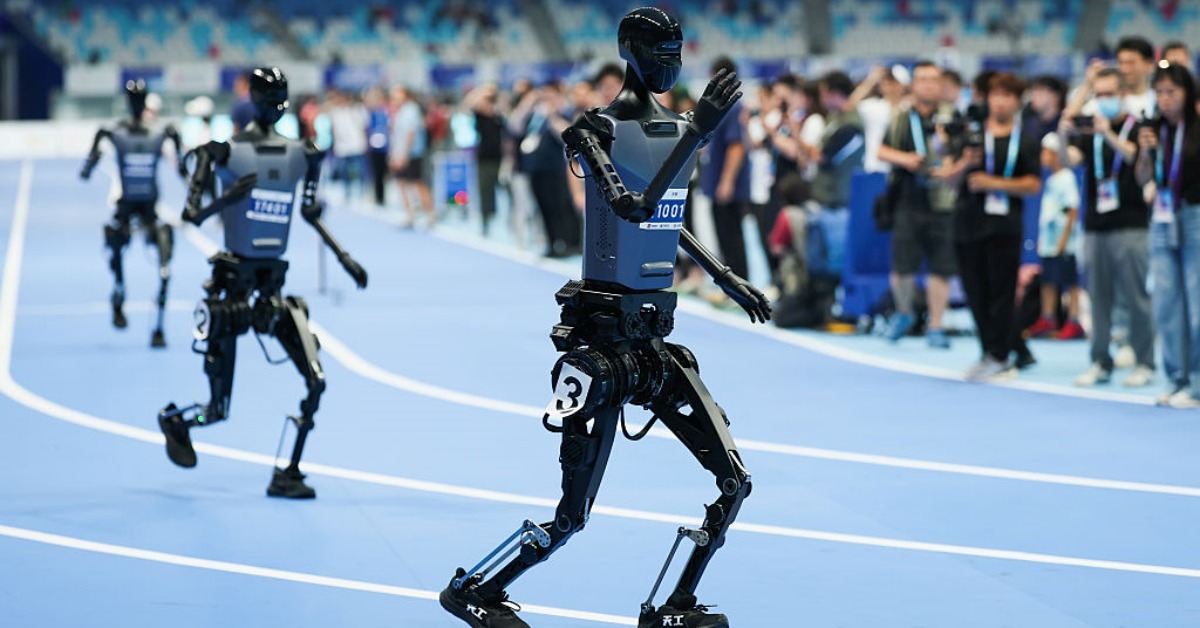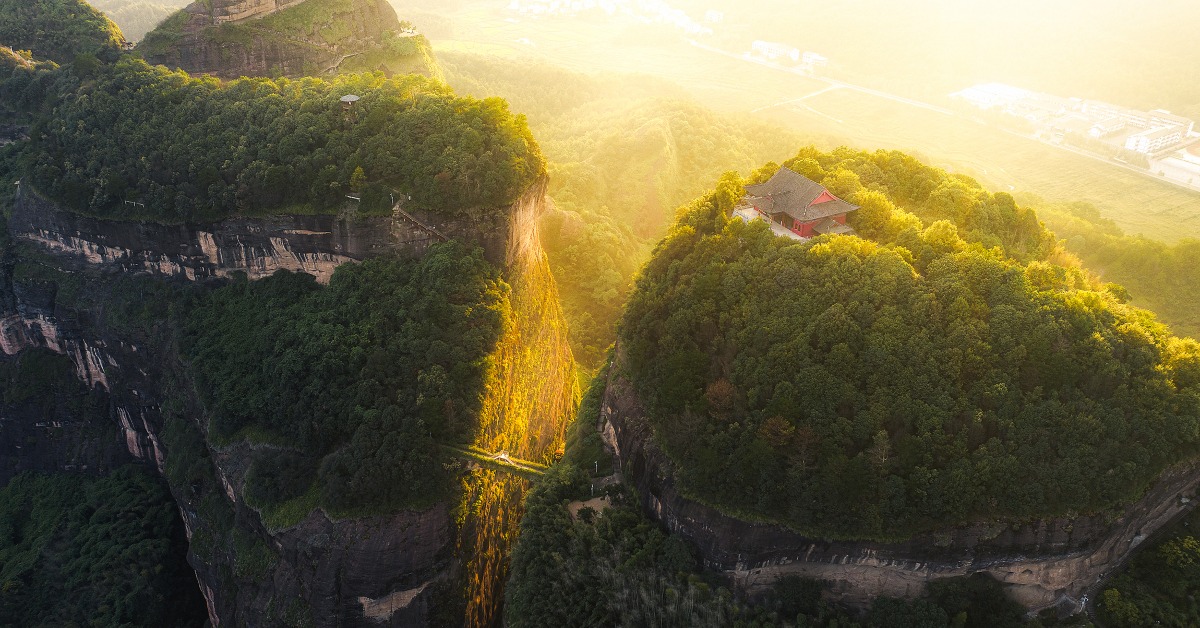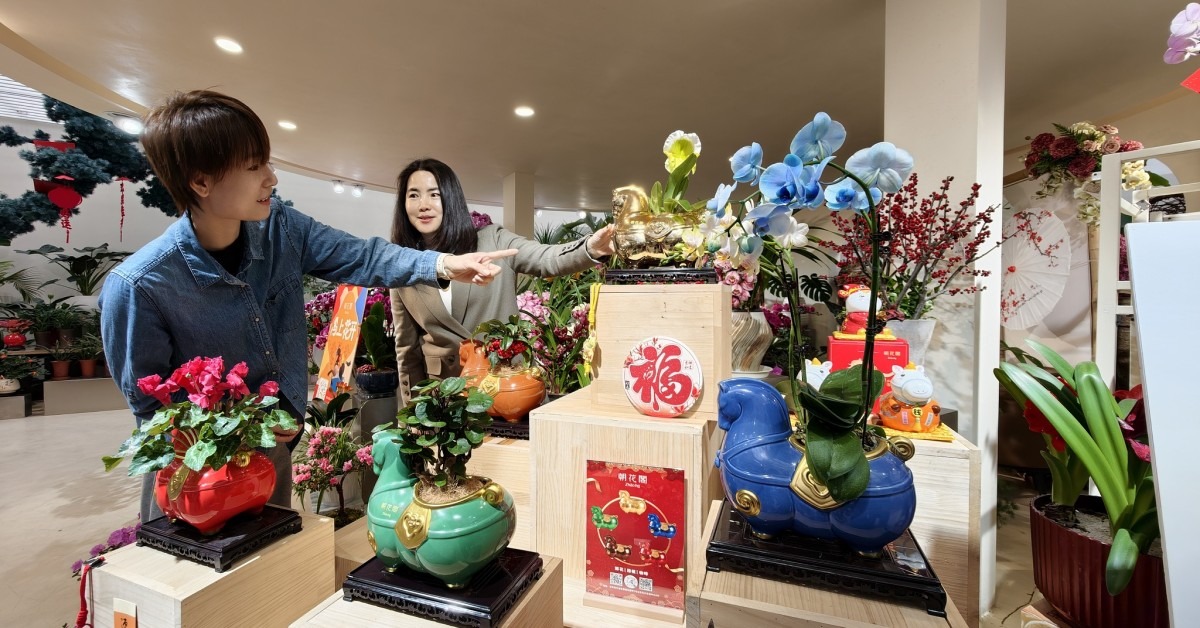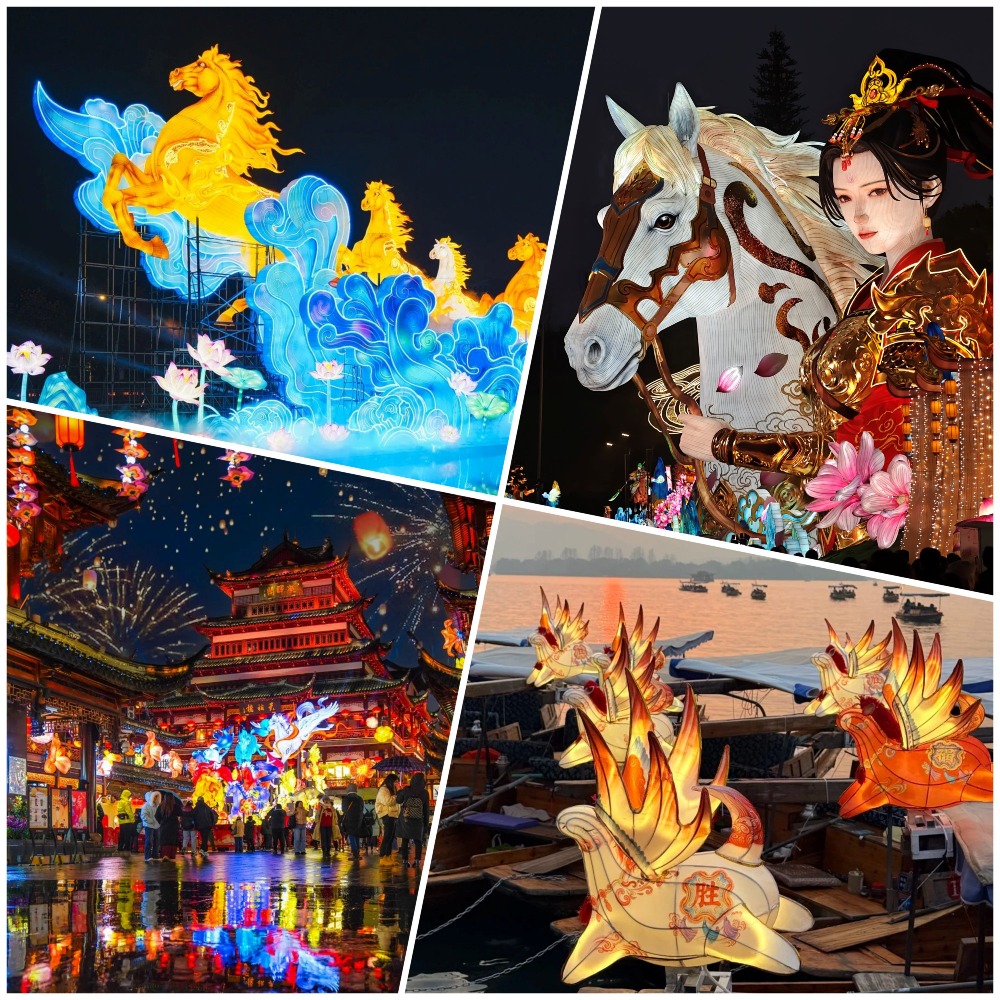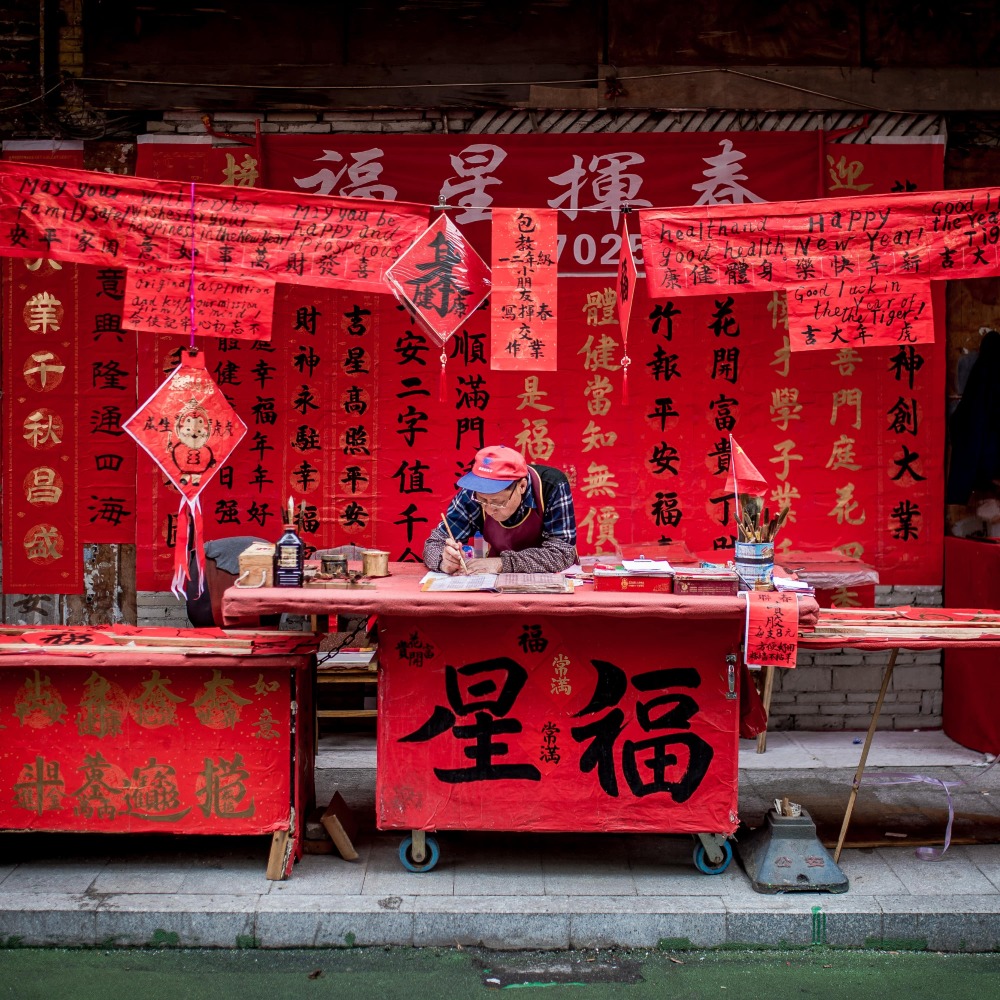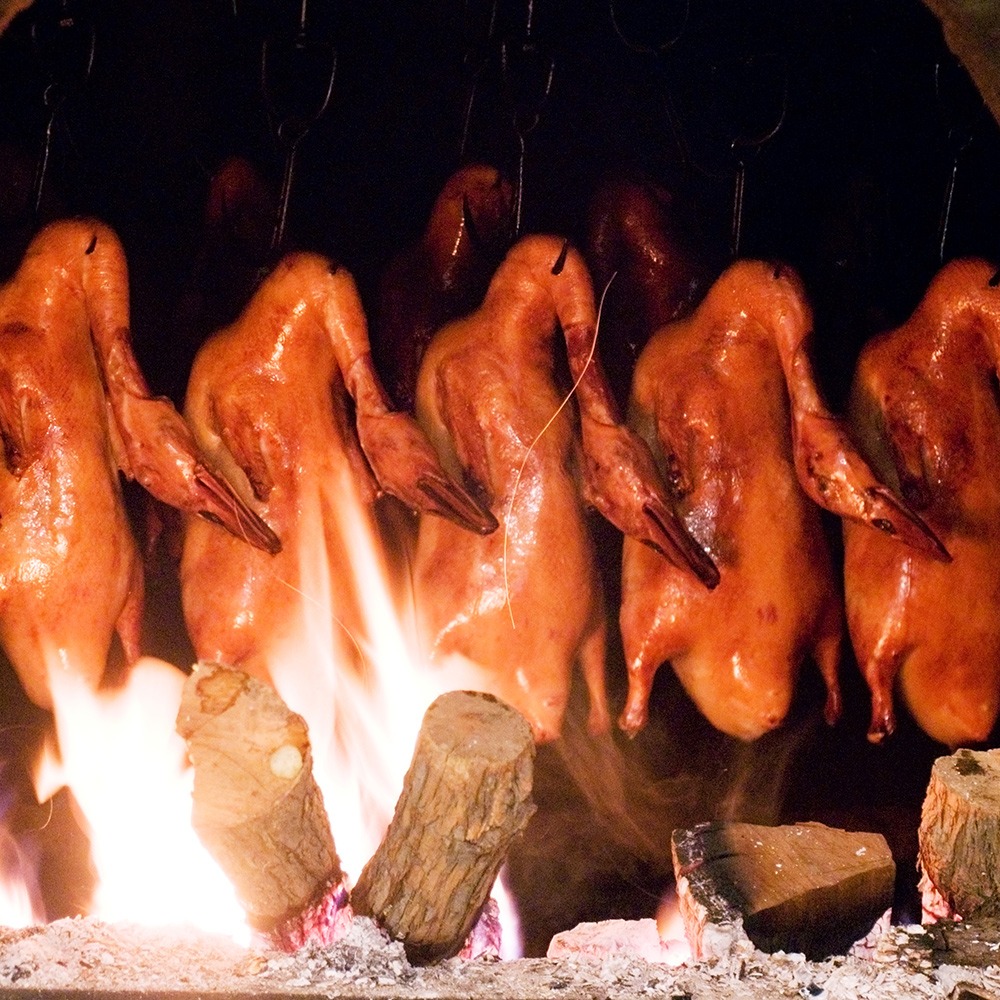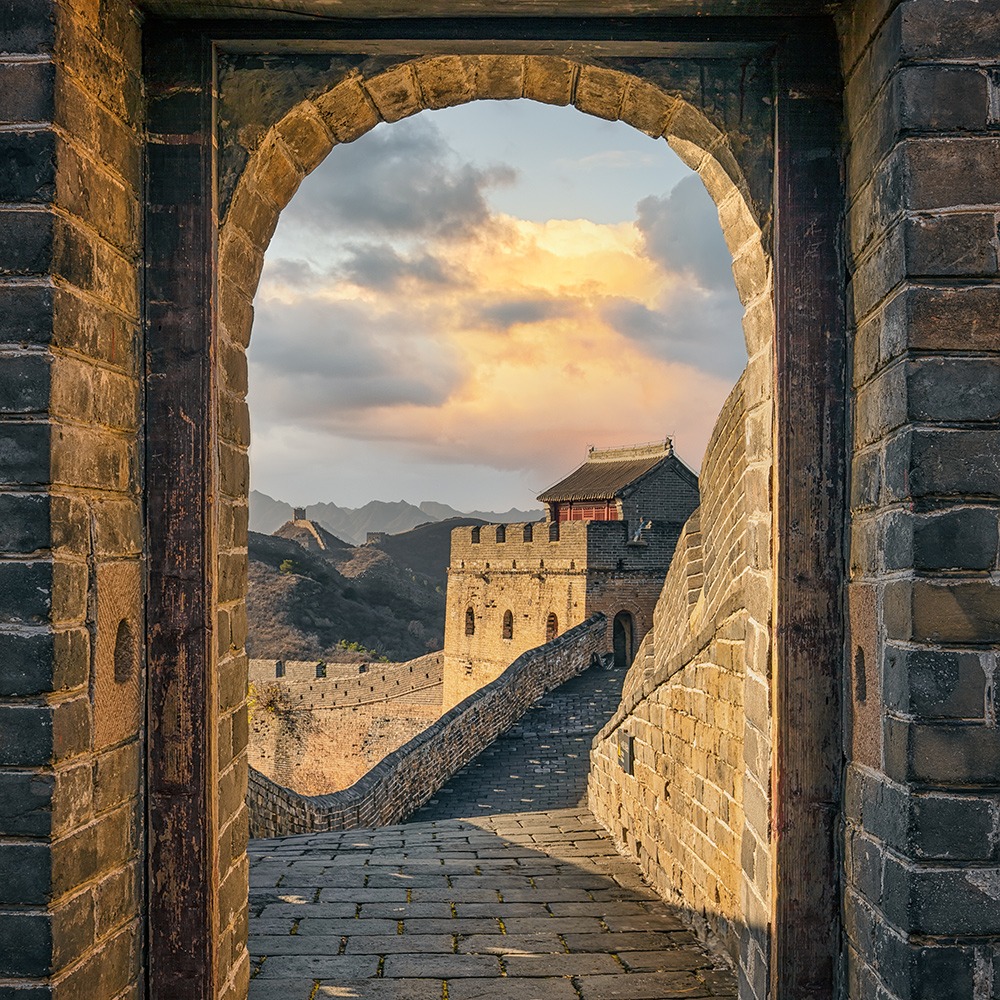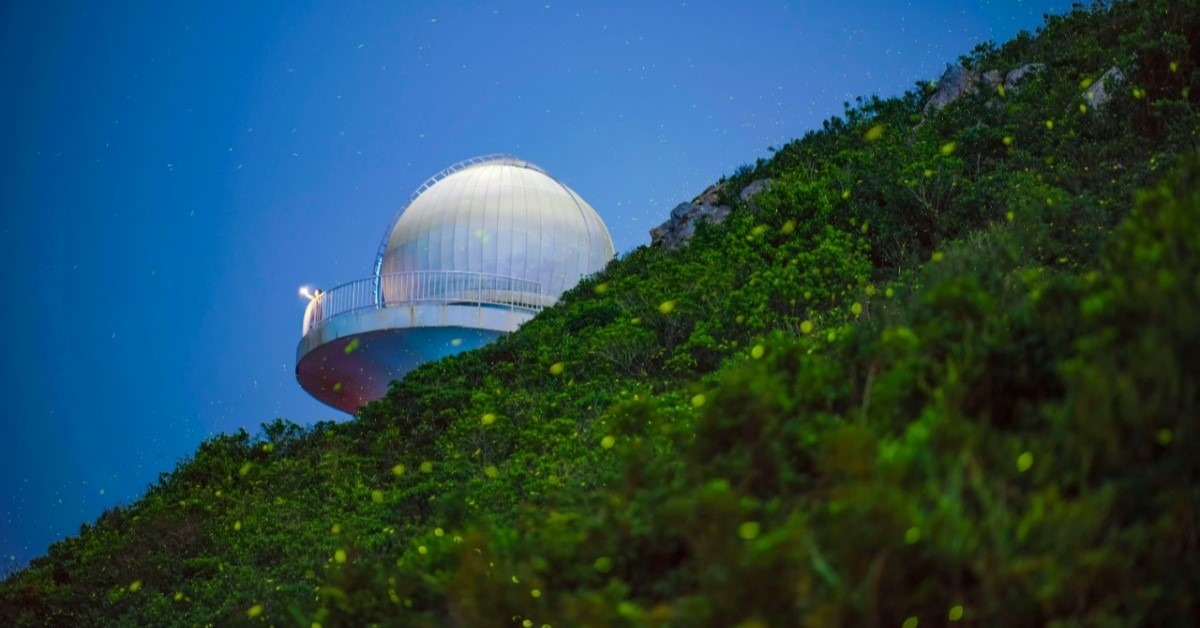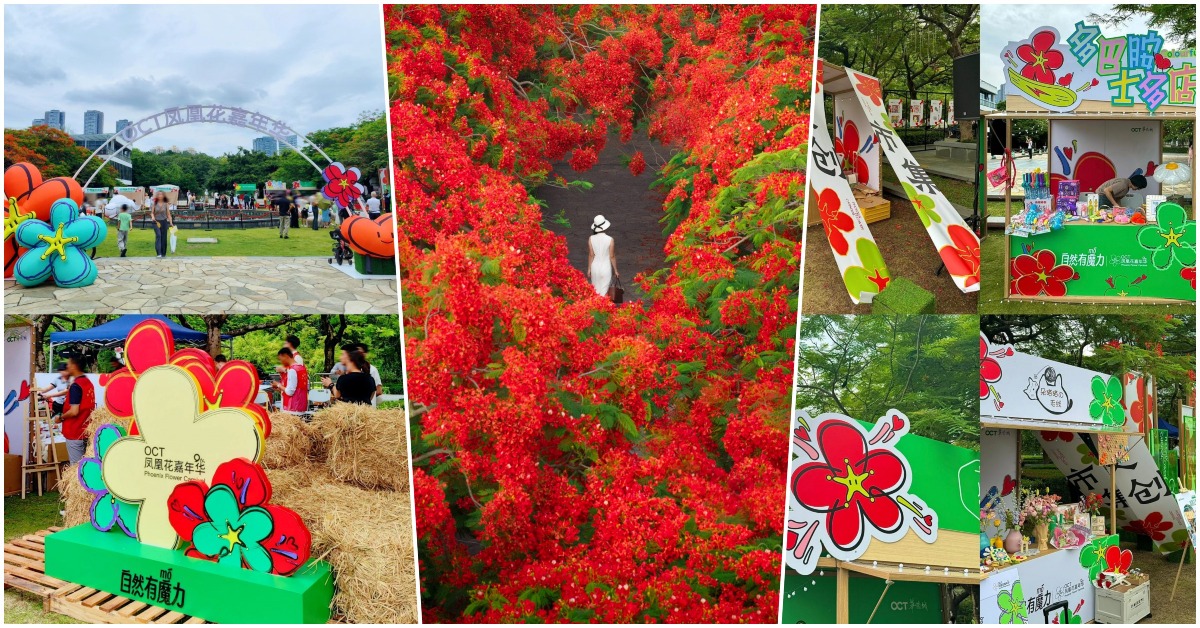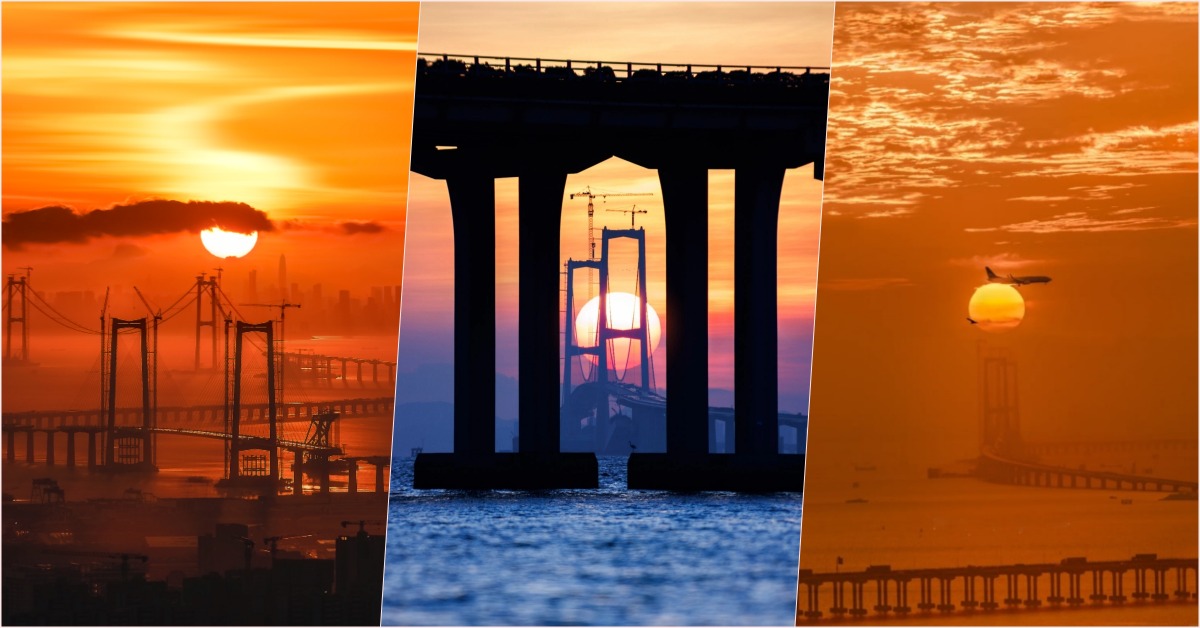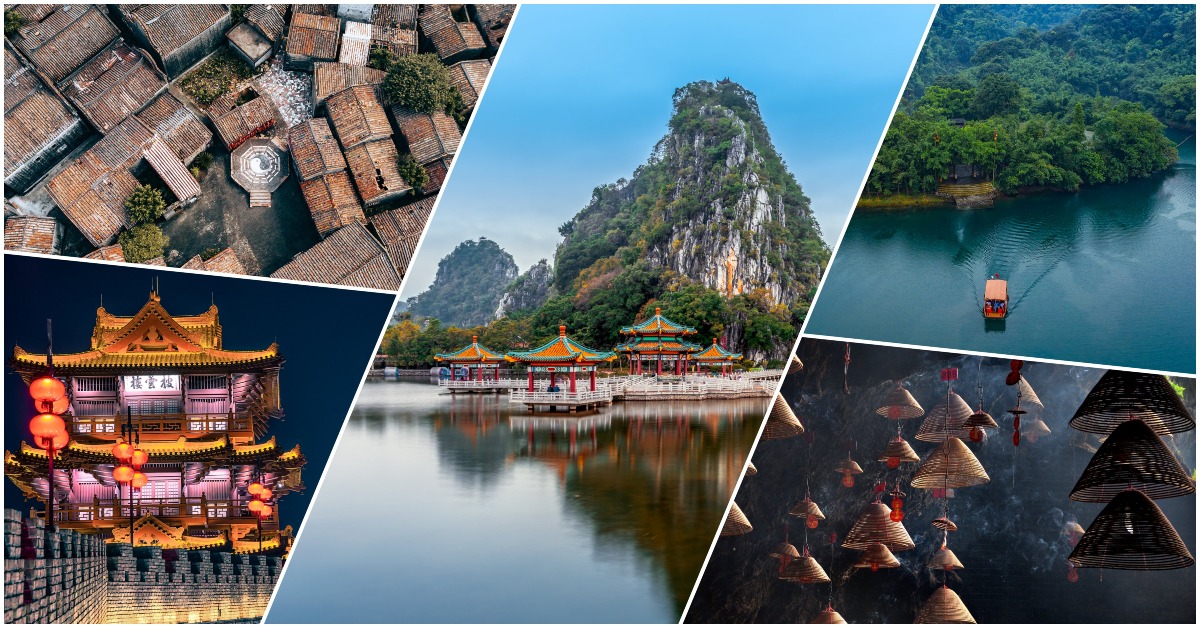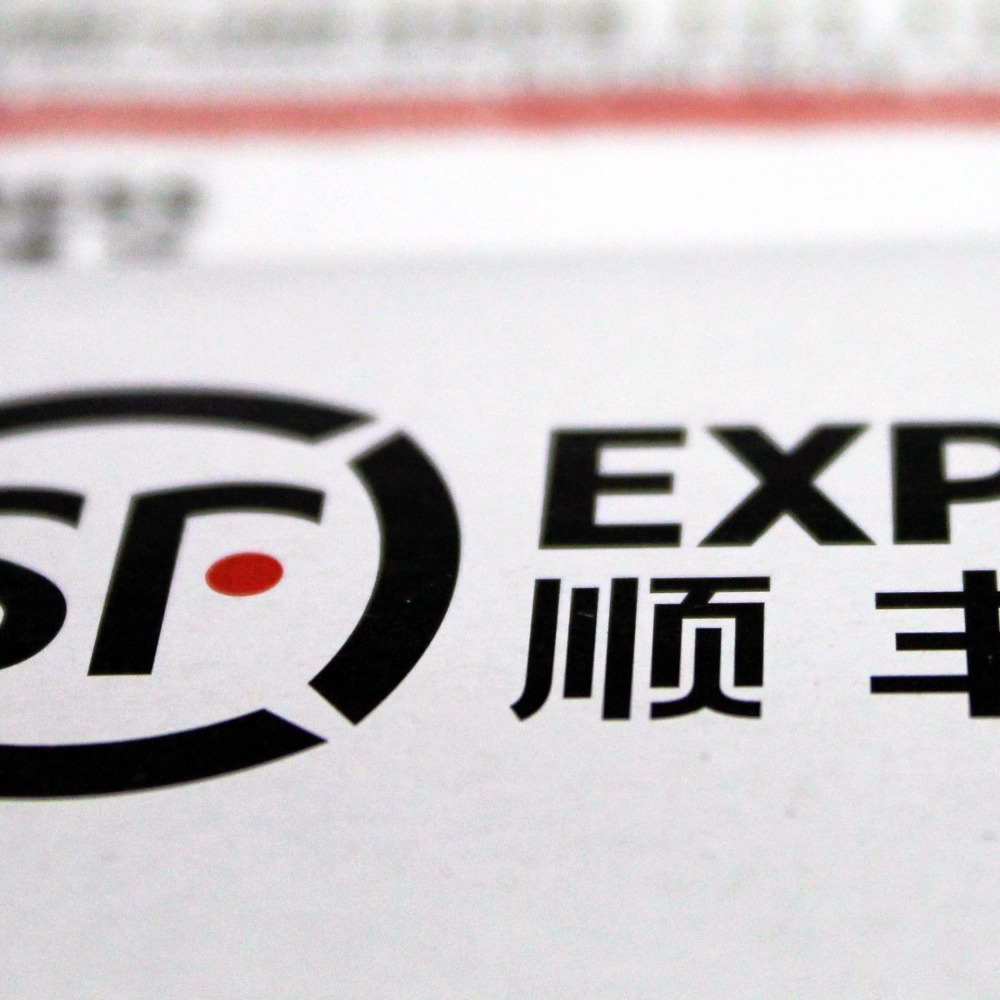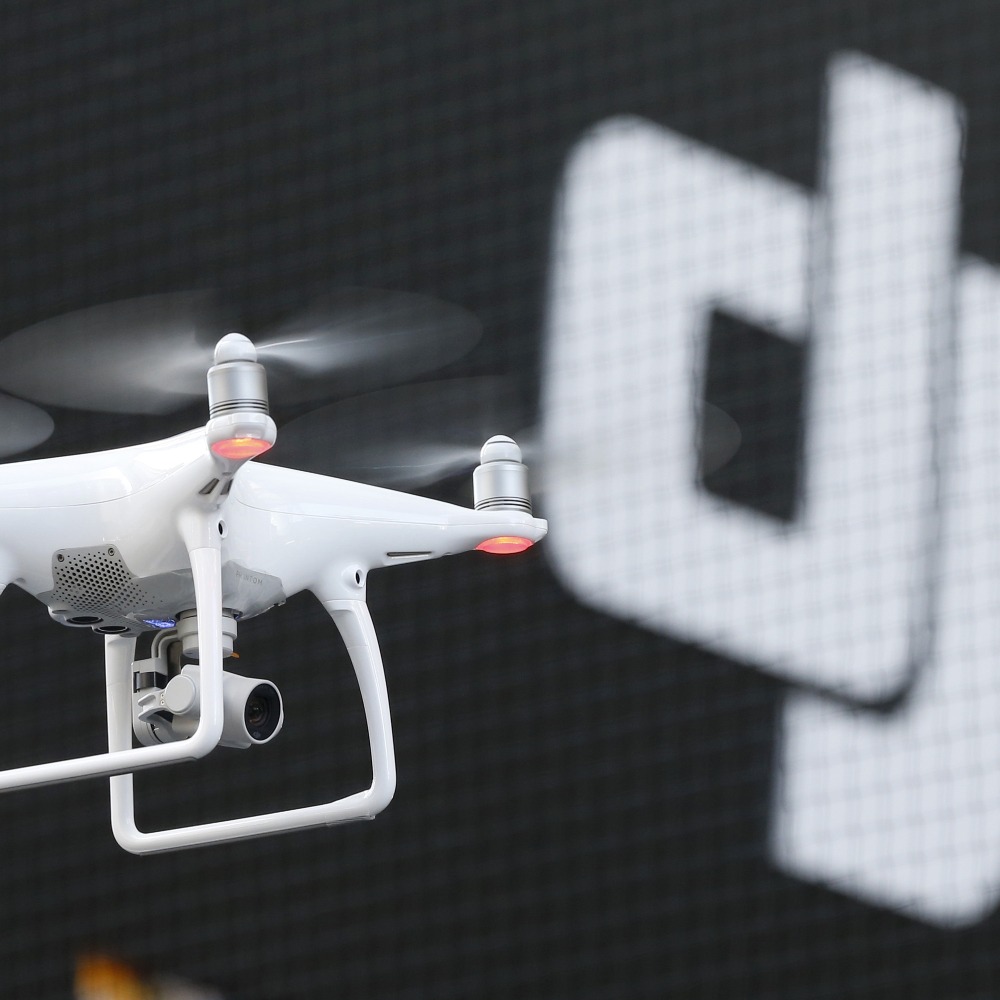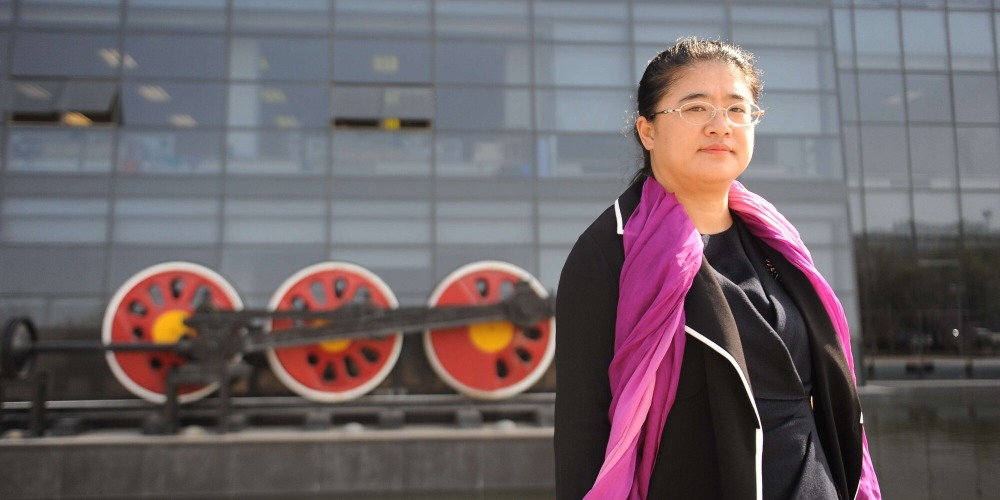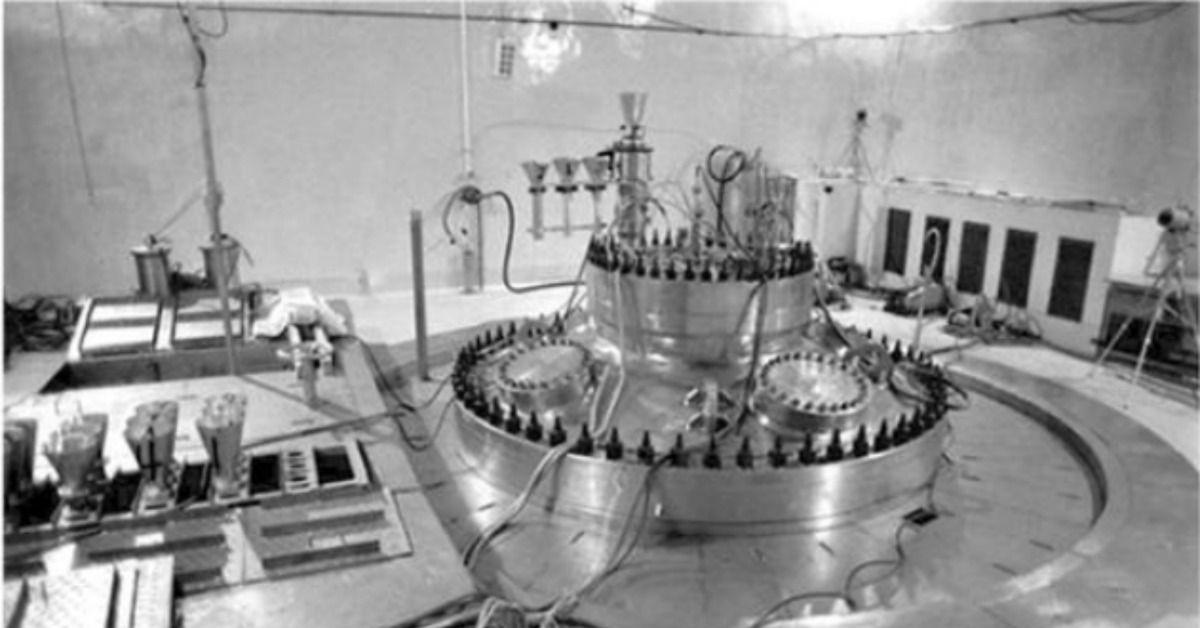Published : 2023-05-03
Zhu Guangya is a key scientist from the "two bombs and one satellite" project, and a pivotal figure for China's development of nuclear weapons.
However, under the guise of a translator, he participated in the ceasefire negotiations, known as the "Panmunjom Negotiations," during the Korean War.
Why would a nuclear physicist "switch professions" to become a translator? What was his secret mission?
As Associate Professor at Peking University, Zhu got selected
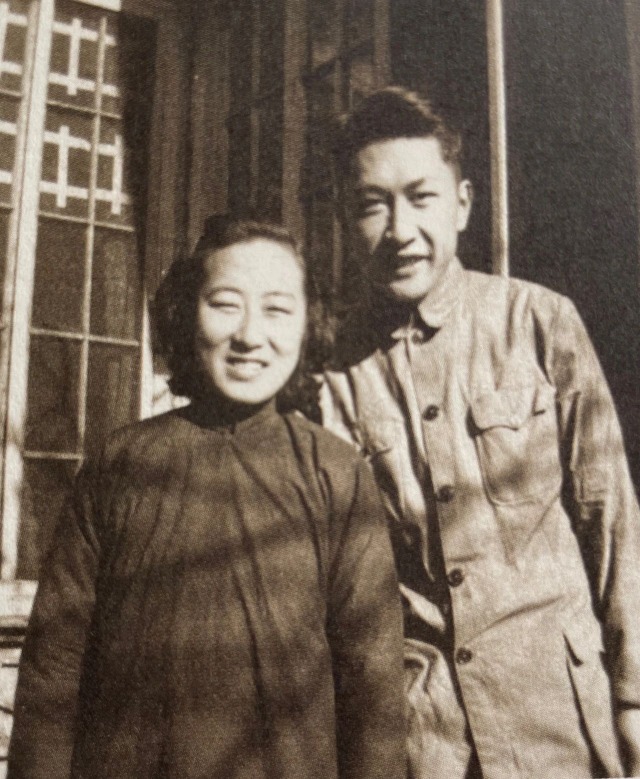
The Korean War broke out in June 1950, and the United Nations forces led by the US military landed in Incheon and crossed the 38th Parallel, directly threatening the Yalu River at the China-North Korea border.
In October of the same year, the People's Volunteer Army, reorganised from the People's Liberation Army, crossed the Yalu River to resist the aggression of US and aid Korea.
Afterwards, both sides underwent five major battles, forming a standoff around the 38th Parallel. In July of the following year, both sides began to negotiate for a ceasefire.
At that time, Zhu Guangya, who had recently returned from the United States, was an Associate Professor at Peking University. Although he was concerned about the People's Volunteer Army and the situation on the Korean Peninsula, these seemed to be of no direct connection with him.
In early 1952, a student of Zhu approached him during a break between classes and said, "Professor Zhu, let's test your English!" Then, the teacher and student started conversing in English.
The student turned out to be a "cadre student", an official or member of the military sent to study at a school while also working. He aimed to help authorities select a group of politically reliable and proficient English-speaking teachers from higher education institutions to serve as translators for the negotiations in Korea.
At Peking University, Zhu Guangya and a professor from the Department of Spanish were chosen.
Read more: Why was Zhu Guangya not in the observatory station during the first nuclear explosion?
A rare talent who studies nuclear physics in the U.S.
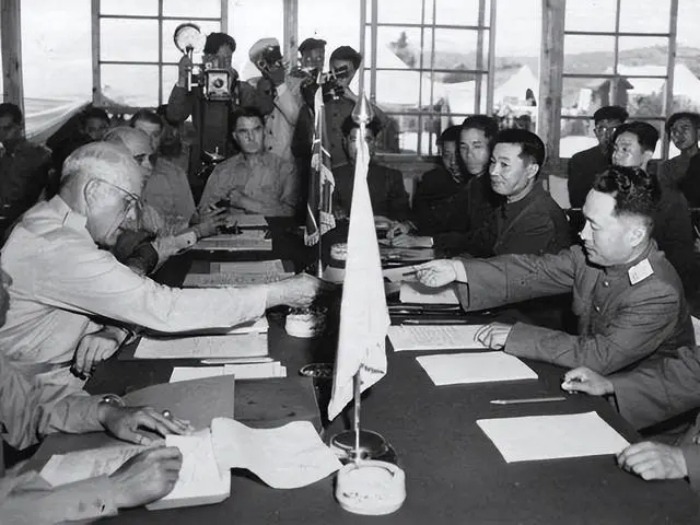
Was there a deeper reason for Zhu Guangya being selected, aside from political reliability and proficiency in English? There probably was.
Zhu Mingyuan, Zhu Guangya's son, once revealed that he ran into his father's colleague Shen Keqi from the Department of Physics at Peking University in the 1980s. Shen told him that his father had a secret mission when he went to Korea, which was to observe whether the US was using nuclear weapons on the Korean battlefield.
In 1946, Zhu Guangya was sent by the then Nationalist Government to study atomic bombs in the United States. Although the U.S. refused to disclose relevant information and the inspection team was disbanded on the spot, Zhu Guangya remained in place to study nuclear physics and obtained a doctoral degree.
After returning to China, he published a monograph titled "Atomic Energy and Atomic Weapons" in 1951, making him a rare talent in nuclear weapons in China at that time.
Upon receiving the secret mission, Zhu Guangya immediately returned home to pack his luggage. When his newly wed wife, Xu Huijun, asked him where he was going, Zhu Guangya, who was restricted from disclosing the truth, only said jokingly, "To the Northeast, to hunt tigers!"
His wife understood he could not tell the truth, so she didn't ask anymore. In April 1952, Zhu Guangya and a group of more than ten people went to Korea.
Zhu develops a smoking habit from "sitting in silence"
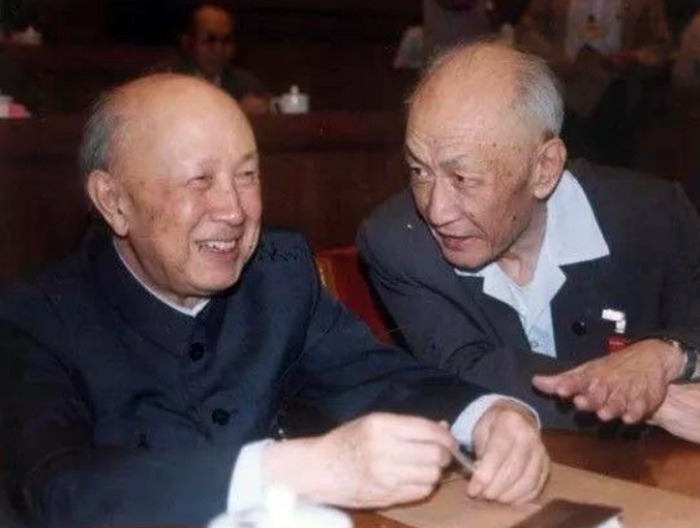
As it is known now, the U.S. military did not use nuclear weapons on the Korean battlefield. Apart from this secret mission though, Zhu Guangya actually participated in the ceasefire negotiations as well, during which he developed a "bad habit."
According to reports, the ceasefire negotiations often reached stalemates, with representatives from both sides sitting in silence for one to two hours, cultivating extraordinary patience and "the skill of sitting."
American personnel liked to smoke during the silence, puffing out smoke rings one after another. When the Chinese delegates saw this, they started to pass around cigarettes and mimic the Americans in blowing smoke rings.
As a result, the smoke rings blown by the Chinese delegates were more numerous and larger with each passing attempt, and Zhu Guangya's smoking habit developed then.
Many years later, Zhu Guangya lighted a cigarette during the break of a meeting, and exhaled a series of perfect smoke rings. A young technician couldn't help but ask curiously about his skill.
Zhu laughed and shared this "anecdote" with them, "Those Americans couldn't out-negotiate us, and they also couldn't outdo us in blowing smoke rings!"
Read more: Remembering Academician Zhu Guangya: Leaving an eternal impression
